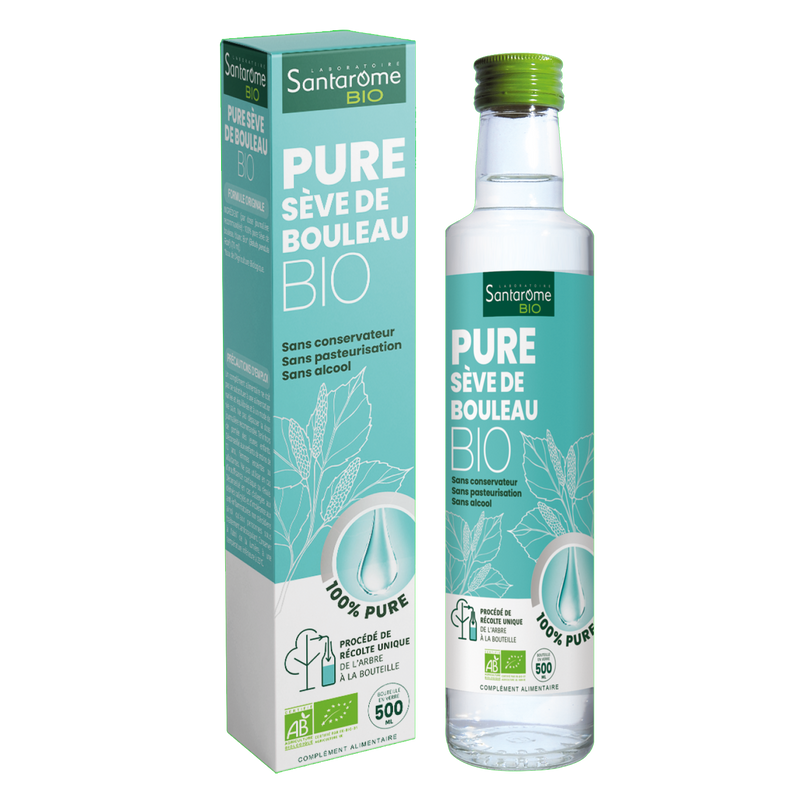Native to Africa, Griffonia, with the Latin name Griffonia simplicifolia , is a legume. Resembling a vine, it is a wild climbing plant. It grows naturally and is not cultivated.
This shrub, adorned with reddish to greenish flowers, can reach up to 3 meters in height. Used for millennia, Griffonia offers numerous health benefits . It addresses certain everyday ailments. Indeed, Griffonia contributes to the normal functioning of the nervous system.
This adaptogenic plant helps reduce stress and anxiety. A true calming ally, it helps to naturally restore a positive mood and promotes sleep.




















